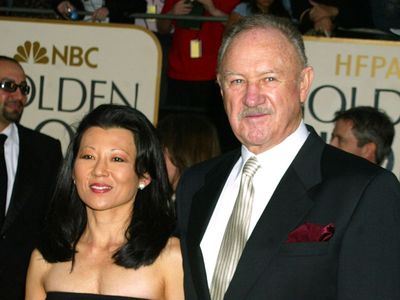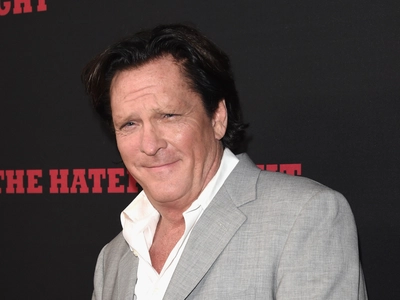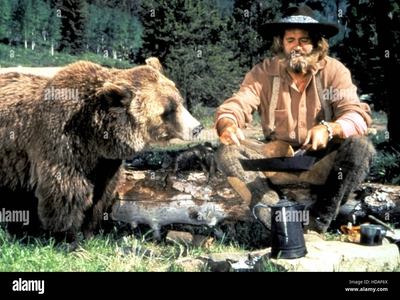Hackman likely died nine days before he was found
The county sheriff announced Friday that renowned actor Gene Hackman presumably expired nine days prior to authorities finding him and his spouse, Betsy Arakawa, lifeless inside their Santa Fe, New Mexico residence. A pathologist determined the 95-year-old Academy Award winner's cardiac device last transmitted on February 17, Santa Fe County Sheriff Adan Mendoza explained at a media briefing. He noted that definitive causes of death remain pending.
"We reasonably believe this marked his final living day," Mendoza informed journalists. Examinations of both Hackman and Arakawa, 64, showed no indications of carbon monoxide exposure. The sheriff could not establish who died first after personnel found the pair deceased in different house areas on Wednesday. Mendoza reaffirmed no suspicious circumstances existed.
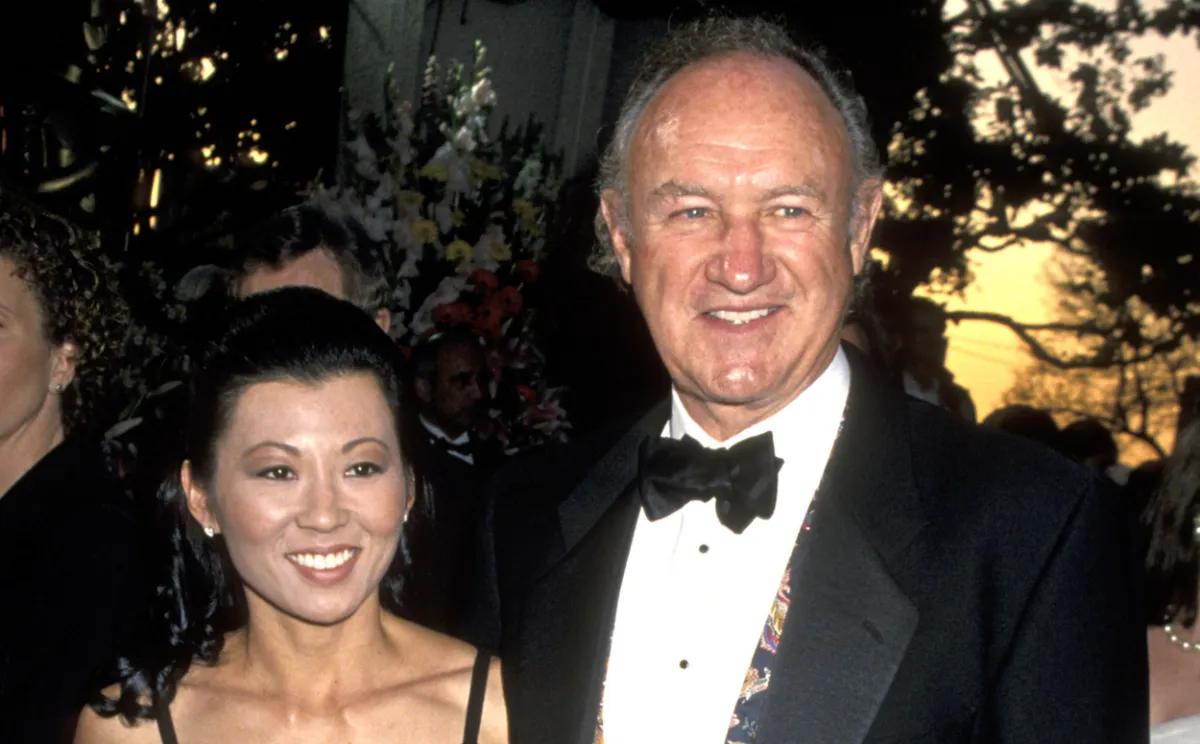
The couple had established roots in Santa Fe during the 1980s, engaging with local artistic circles and food enthusiasts. Recently, the actor and his pianist partner appeared infrequently in public as Hackman's physical condition worsened. They maintained extreme seclusion before their deaths, according to Mendoza.
A property attendant identified their bodies Wednesday after peering through a window at their secured community residence, as detailed in his emergency call.
Law enforcement officials located Hackman in the cooking area. They discovered Arakawa and a canine in a washroom, with medication capsules strewn across the counter from an unsealed prescription container.
Both individuals appeared to have collapsed unexpectedly, with neither body showing trauma evidence. Officials noticed one partially open doorway at the residence rear. Two remaining pets had utilized this exit for access, Mendoza clarified.
The sheriff has commissioned chemical analysis of the bathroom pharmaceuticals and additional medications found throughout the house, describing this as "an item warranting scrutiny."
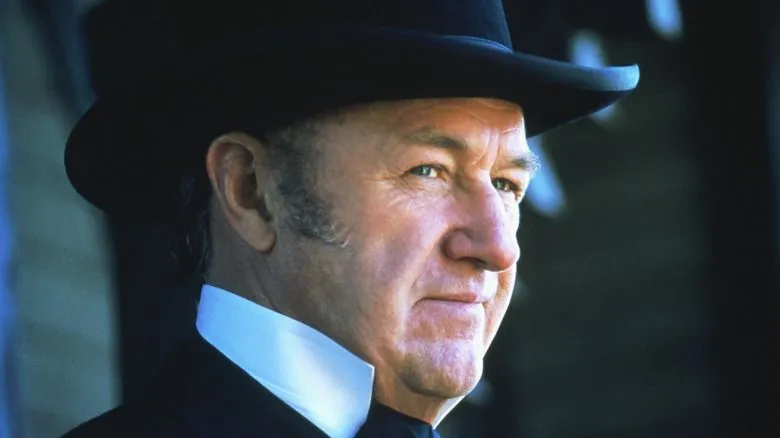
"This constitutes particularly crucial evidence from the location," Mendoza explained to NBC News, mentioning that findings might require three months or beyond.
Items collected as evidence included cardiac and thyroid treatments, a future year planner, dual cellular devices, and medical documentation, according to official records.
Hackman, previously serving in the Marines and recognized for his distinctive vocal quality, performed in over 80 motion pictures, television productions, and theatrical works during his extensive entertainment career beginning in the early 1960s.
Distinguished Film Achievements
The Academy recognized Hackman with his first nomination for his standout performance as bank thief Clyde Barrow's sibling in the 1967 movie "Bonnie and Clyde." He captured the Oscar for best lead performer in 1972 for his depiction of investigator Popeye Doyle in "The French Connection," and later acquired an Oscar in the supporting category in 1993 for his contribution to "Unforgiven."
